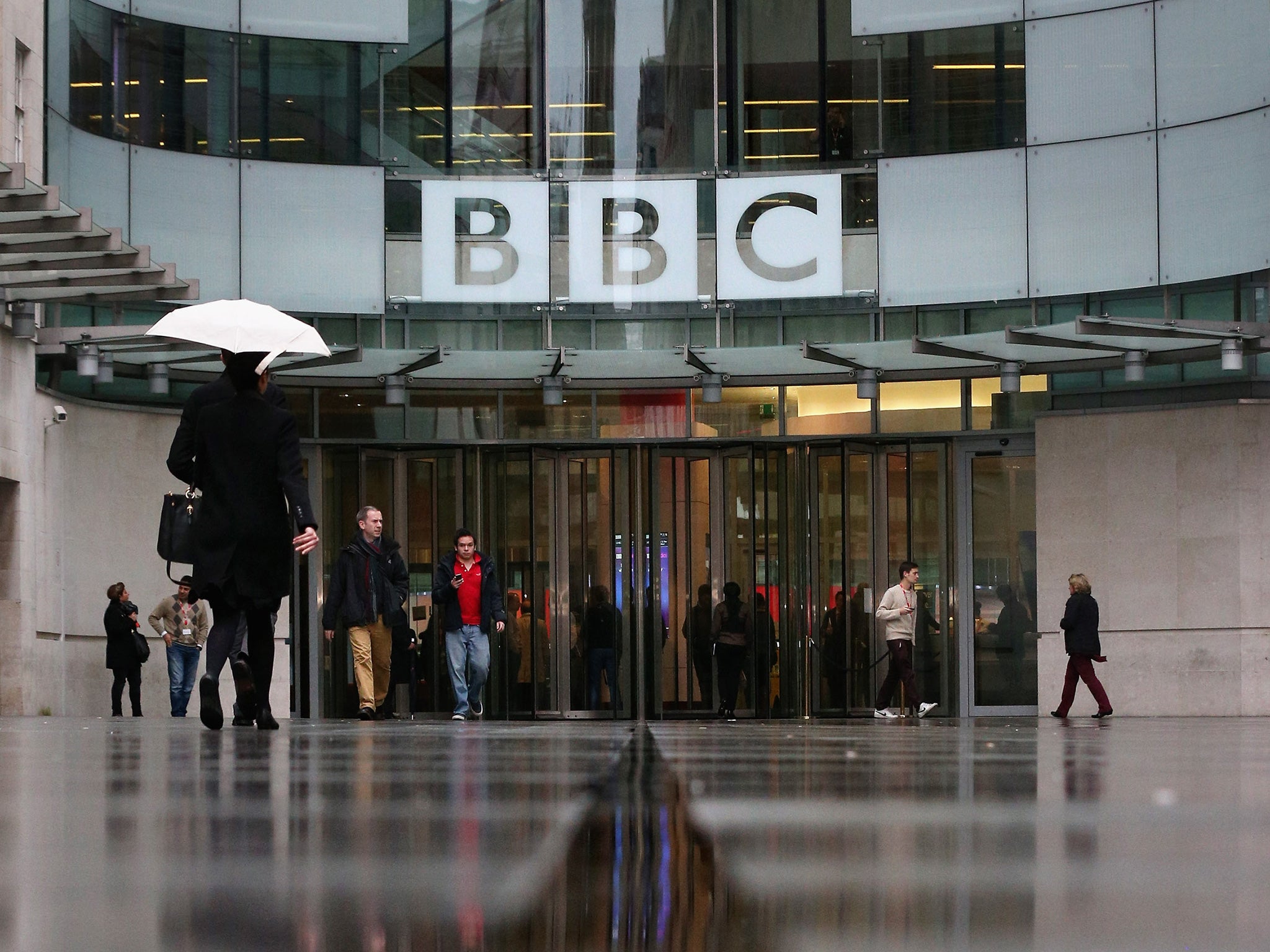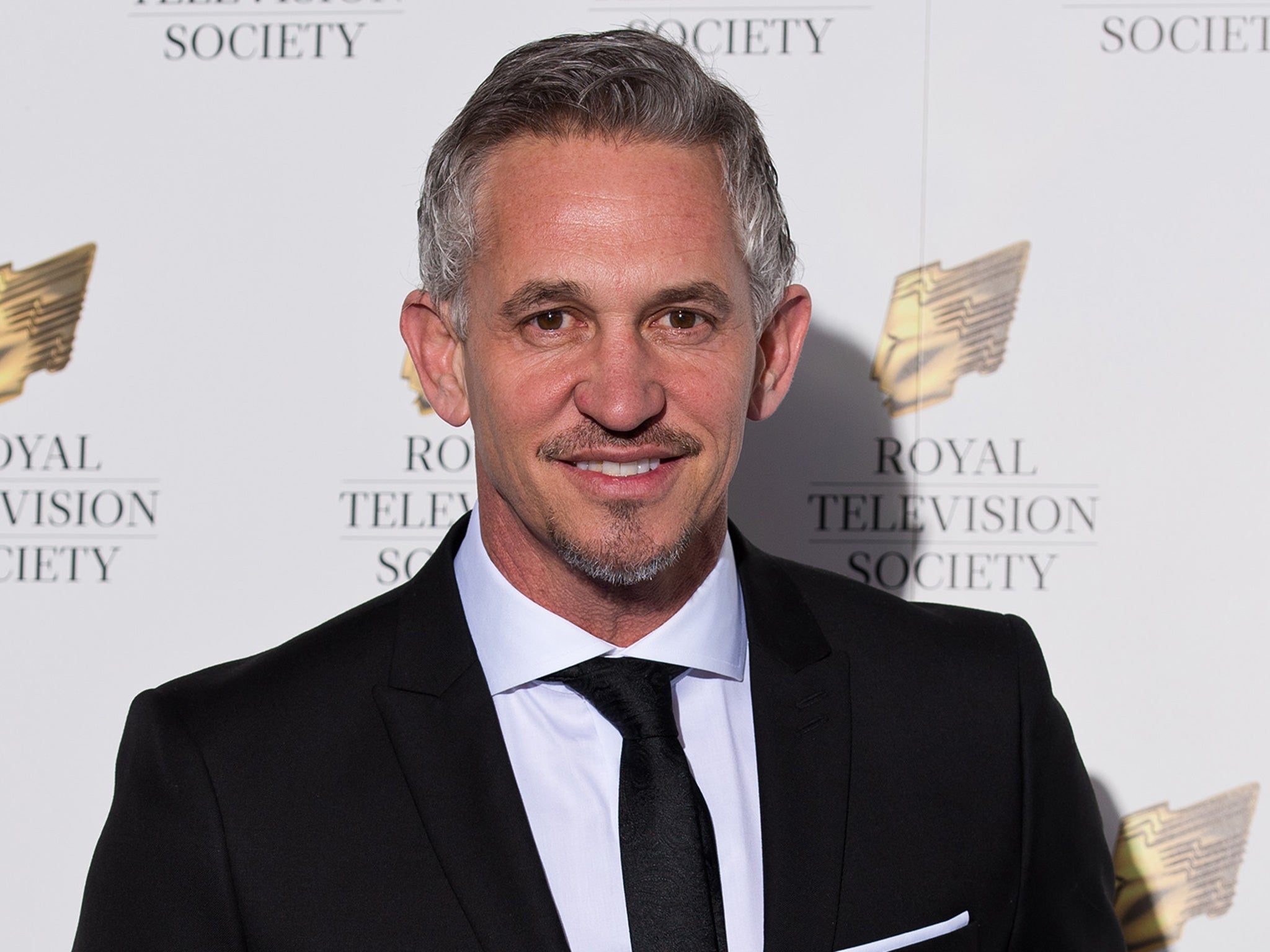BBC reveals increased headcount, wage bill and talent costs despite £1.5bn savings plan
81 senior managers now earn more than the Prime Minister

Your support helps us to tell the story
From reproductive rights to climate change to Big Tech, The Independent is on the ground when the story is developing. Whether it's investigating the financials of Elon Musk's pro-Trump PAC or producing our latest documentary, 'The A Word', which shines a light on the American women fighting for reproductive rights, we know how important it is to parse out the facts from the messaging.
At such a critical moment in US history, we need reporters on the ground. Your donation allows us to keep sending journalists to speak to both sides of the story.
The Independent is trusted by Americans across the entire political spectrum. And unlike many other quality news outlets, we choose not to lock Americans out of our reporting and analysis with paywalls. We believe quality journalism should be available to everyone, paid for by those who can afford it.
Your support makes all the difference.The BBC delivered more ammunition to its government critics after revealing that staff headcount, wage bill and talent costs have increased in the past year despite a £1.5bn savings plan.
The BBC's Annual Report showed that an efficiencies programme has produced savings of £484m since 2012. However the total BBC staff headcount last year actually rose from 18,647 to 18,974.
Tony Hall, the BBC Director-General, promised to wipe out layers of bureaucrat posts when he took over.
The BBC said the increase was due to cyclical reasons, such as coverage of sports events, the Scottish Referendum and the General Election.
The increase in headcount will give ministers, seeking to restrict the size and scope of the BBC in its new Charter, cause to ask how serious the BBC's efficiency programme actually is.
Mr Hall recently warned that 1,000 posts will need to go in order to make a further £50m of savings required by the reduction in households currently paying the licence fee.
The number of senior BBC managers fell by just 2 from 403 to 401.
The total wage bill was £976.5 million for the year ending 2014/15, up from £955 million the year before - with 81 senior managers now earning more than the Prime Minister.
The senior managers' pay bill has fallen from £78.5m in 2009/10 to £52m last year, with severance payments for executives slashed by a third, the report said.
The BBC's spend on star talent increased las year, it was also disclosed in the report, which warned that the broadcaster faced "the biggest choice about its future for a generation."
The BBC's accounts for 2014/15 showed a rise in the bill for on-screen talent from £194m to £208m.
Nine stars took home salaries bracketed between £750,000 and £5m. The BBC refused to name its biggest earners but Gary Lineker, Graham Norton and Jeremy Clarkson, who has since left the corporation are believed to have taken home more than £1m.
The cost of individuals earning between £250,000 - £500,000 has risen from £8.2m to £11.4m with the numbers in this category increasing from 25 to 34.
The total spend figures however now include the additional costs from the BBC taking over funding of the World Service.
The report showed that BBC TV, radio and online services now reach 97% of the UK population, up 1%, a reach the BBC will use in its battle to protect the corporation from restrictions planned by John Whittingdale, the Culture Secretary.
The report hailed an "excellent" year for BBC television shows, led by the dramas Poldark, Wolf Hall and The Missing.

Mr Hall defended the BBC from threats to reduce its entertainment output. He said: "I believe in protecting our independence. Rona has already spoken about this. From my perspective, I believe in giving creative people creative freedom, and trusting them to get on with it. I have real difficulty with the idea of artificial restrictions on creativity – after all, the last time politicians tried to be creative, we ended up with the Millennium Dome. So it will be hard to support any proposal that stops us finding the next Strictly, the next Bake Off, or – dare I say it – the next Top Gear."
However audience appreciation for BBC Television continued to fall from 83.1% in 2012/13 to 80.9% last year, according to the BBC's survey. BBC1's audience fell slightly, a decline attributed to viewing fragmentation.
Profits at BBC Worldwide, the corporation's commercial wing, fell 11.9% to £138.6m. This was attributed the impact of the part-sale of the BBC America channel to the U.S. AMC network.
The international sale of hit shows like Sherlock and Top Gear produced record returns to Worldwide of £226.5m, up one-third.
Join our commenting forum
Join thought-provoking conversations, follow other Independent readers and see their replies
Comments